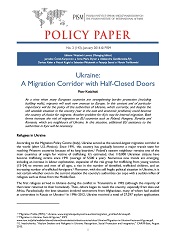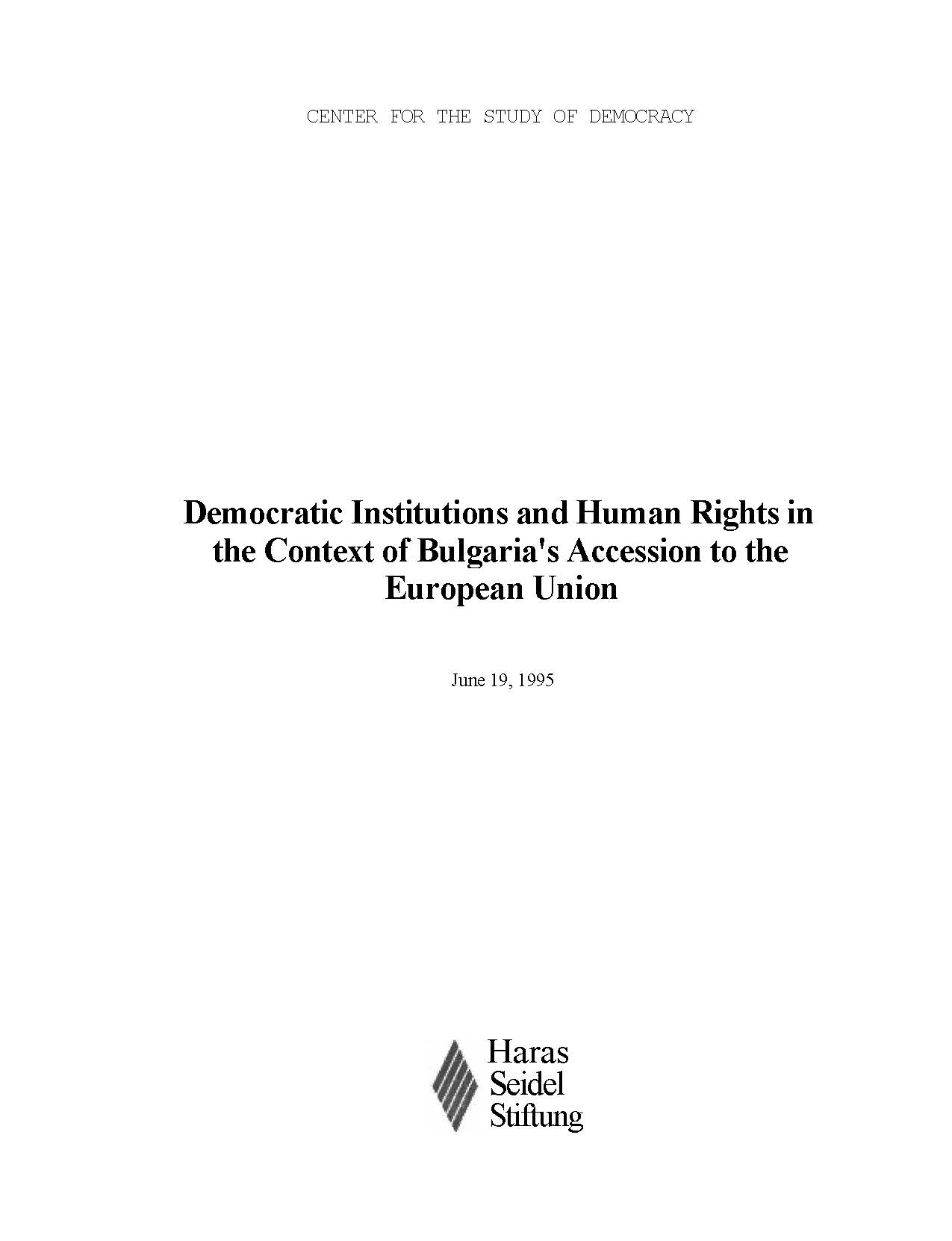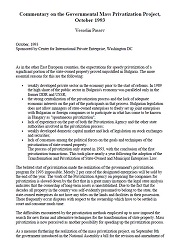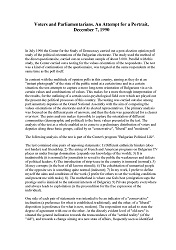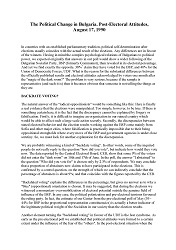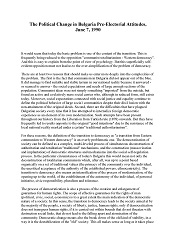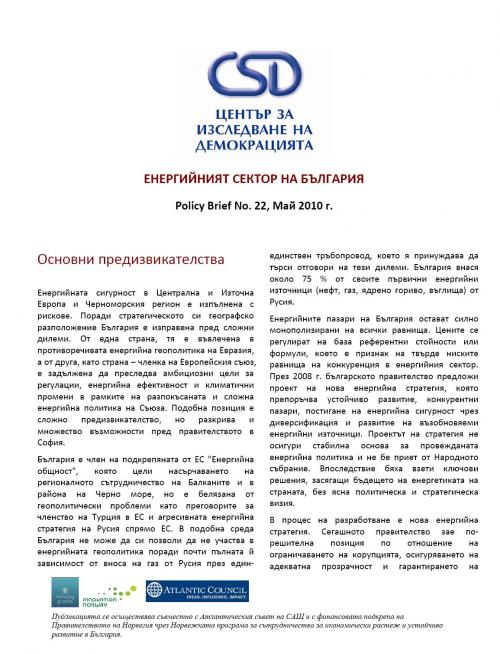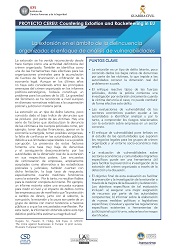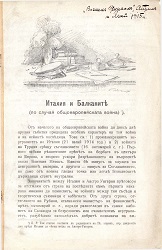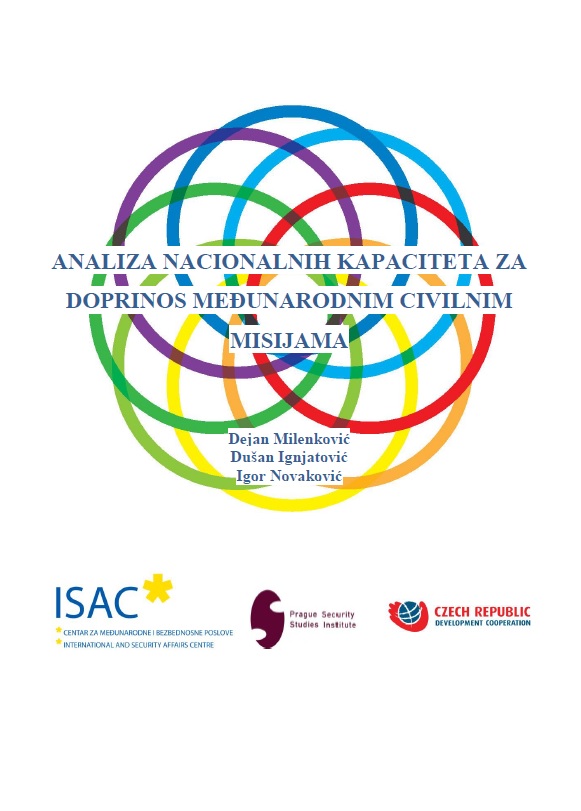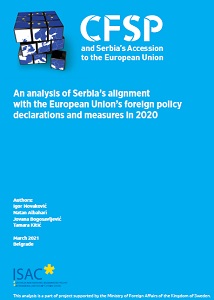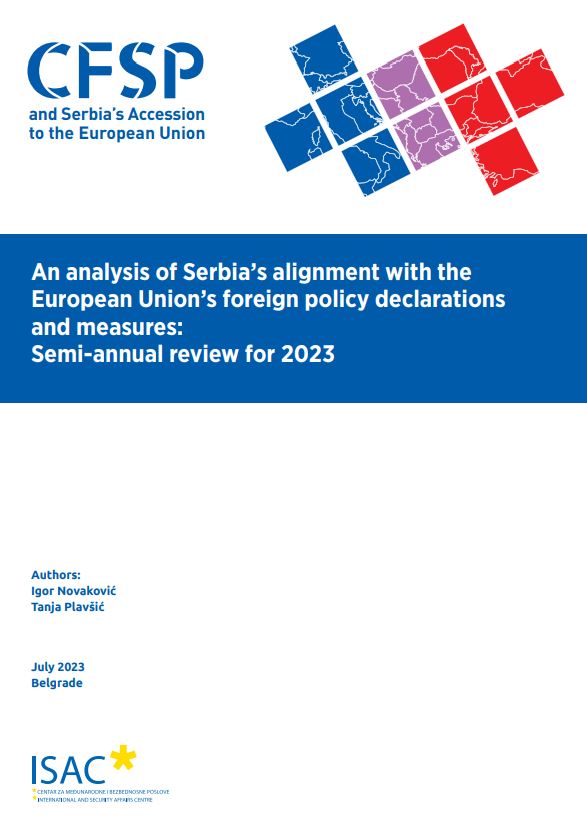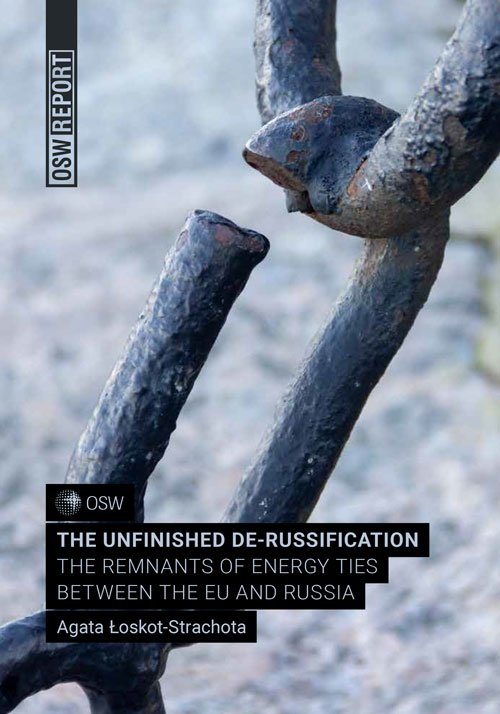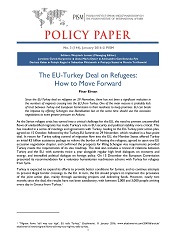
№144: The EU-Turkey Deal on Refugees: How to Move Forward
Since the EU-Turkey deal on refugees on 29 November, there has not been a significant reduction in the numbers of migrants crossing into the EU from Turkey. One of the main reasons is probably lack of trust between Turkey and European Commission in their readiness to keep promises. EU can break the impasse by offering Schengen visa liberalisation but at the same time should use the accession negotiations to exert greater pressure on Ankara.
More...
